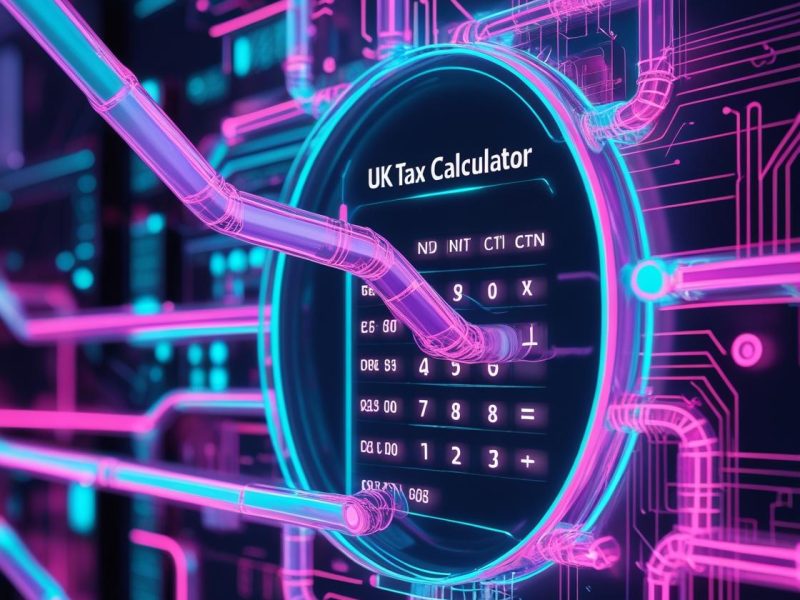
How to Report NFT and DeFi Tax Reporting UK to HMRC
UK NFT and DeFi tax reporting can be complex, especially with HMRC tightening crypto investment restrictions. Every transaction type is addressed differently, from HMRC NFT tax guidance on royalties and resale gains to UK VAT laws for NFTs’ place of supply. Staking, airdrops, and UK liquidity pool tax yield must be declared accurately. Creators and dealers must comprehend UK tax on NFT sales 2025 and NFT VAT UK rules to avoid fines. Our professionals help you report DeFi interest to HMRC and with staking tax UK and airdrop tax UK to ensure compliance with the latest HMRC regulations.
